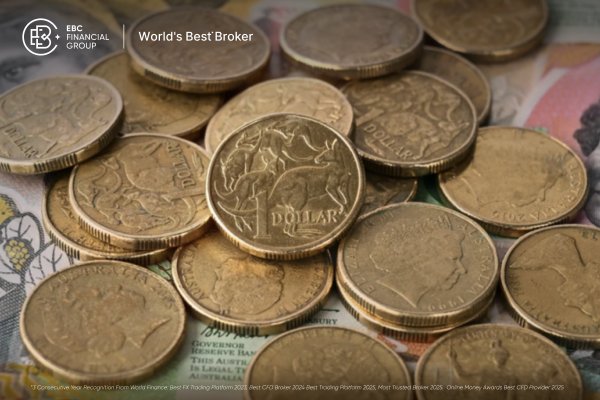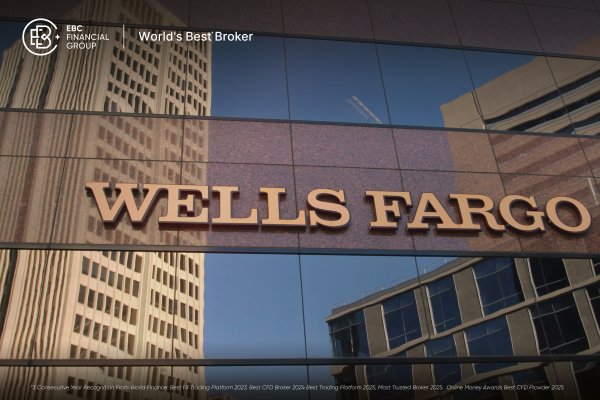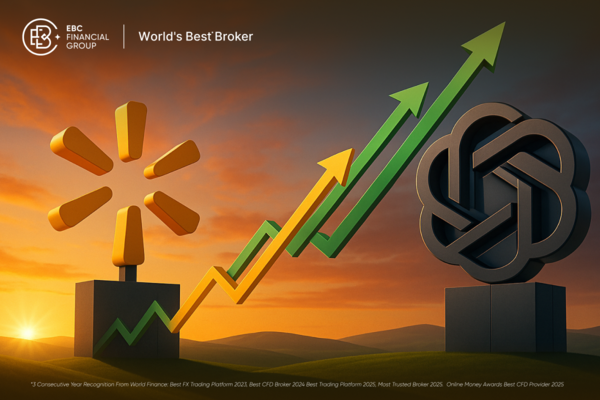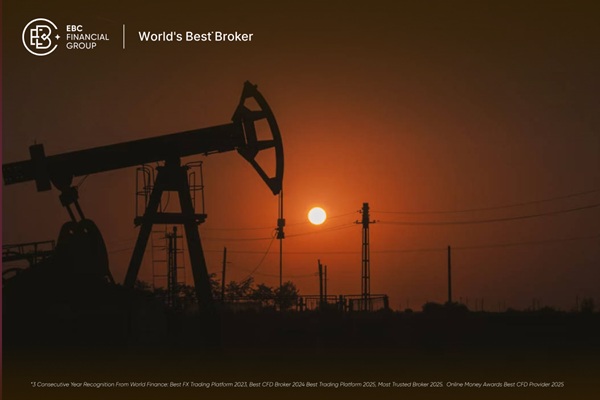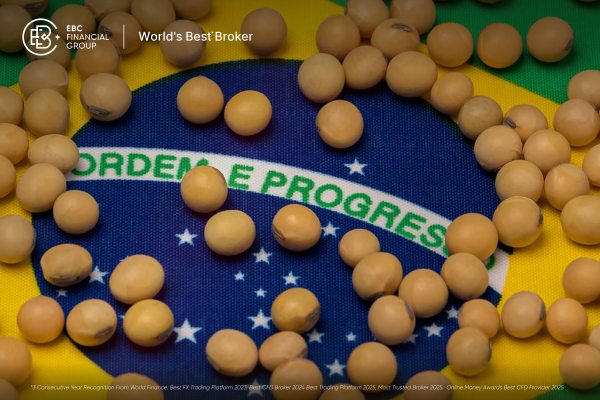Every investor tracking currency markets eventually asks: what is the strongest currency in Africa? As of 2025, the answer is the Tunisian dinar (TND), maintaining one of the highest exchange rates against the US dollar despite regional volatility.
The dinar’s sustained performance highlights Tunisia’s ability to balance monetary control with external pressures, offering a clear picture of how economic fundamentals shape currency resilience across Africa.
Top 3 Strongest Currencies in Africa (2025)
Please note: Exchange rates represent average mid-2025 levels based on regional central bank data and IMF estimates.
| Rank |
Currency |
Country |
Approx. Rate vs USD (2025) |
Key Driver of Strength |
| 1 |
Tunisian Dinar (TND) |
Tunisia |
~2.9 – 3.0 |
Managed exchange rate, tight inflation control |
| 2 |
Libyan Dinar (LYD) |
Libya |
~4.8 |
Oil-backed reserves, strict currency controls |
| 3 |
Moroccan Dirham (MAD) |
Morocco |
~9.8 – 10.0 |
Diversified exports, low inflation, fiscal discipline |
Tunisia: A Model of Monetary Discipline
The Tunisian dinar maintains its leadership as Africa's strongest currency in 2025 against the U.S. dollar, trading near 3.0 TND per USD through mid-2025.
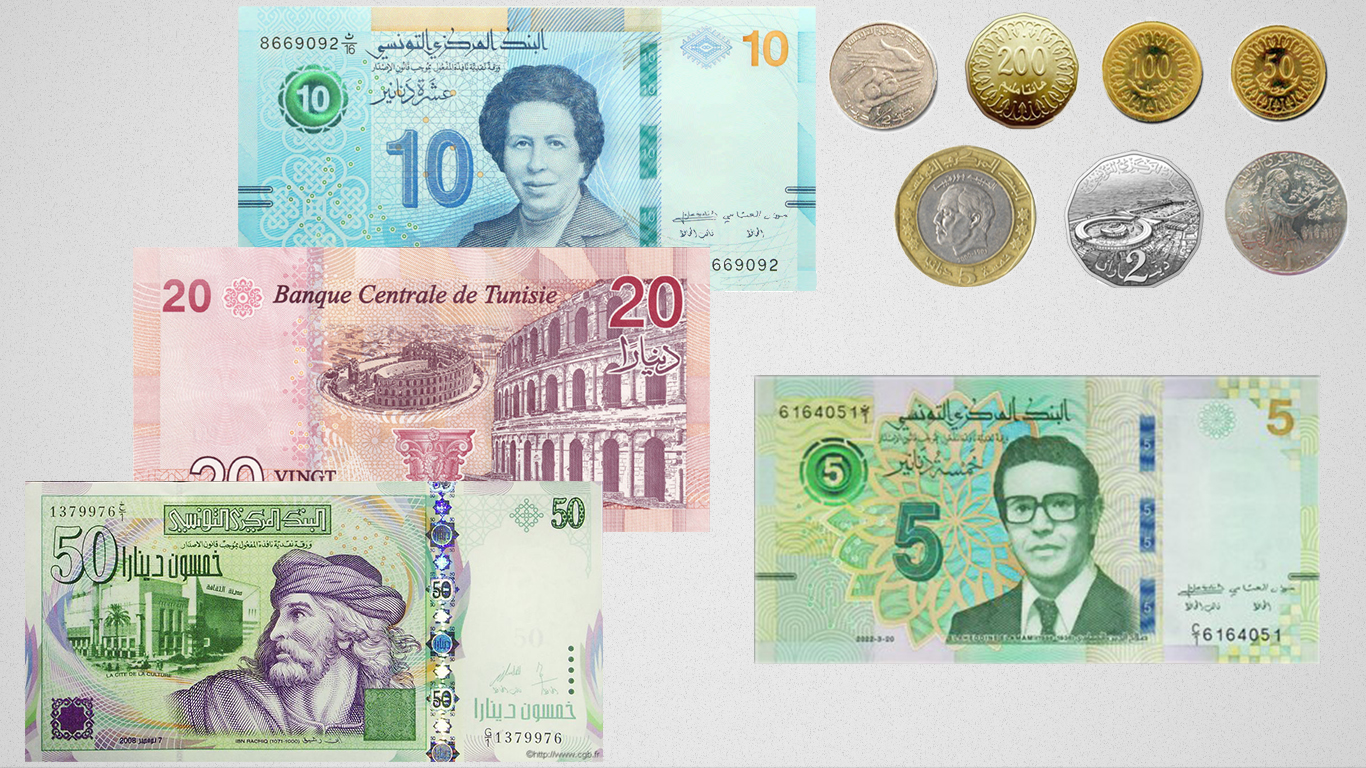
Unlike most regional peers, Tunisia sustains this strength without major commodity exports or large external inflows.
The foundation lies in a consistent, risk-averse monetary regime and a cautious fiscal framework.
Key Drivers Behind the Dinar’s Strength
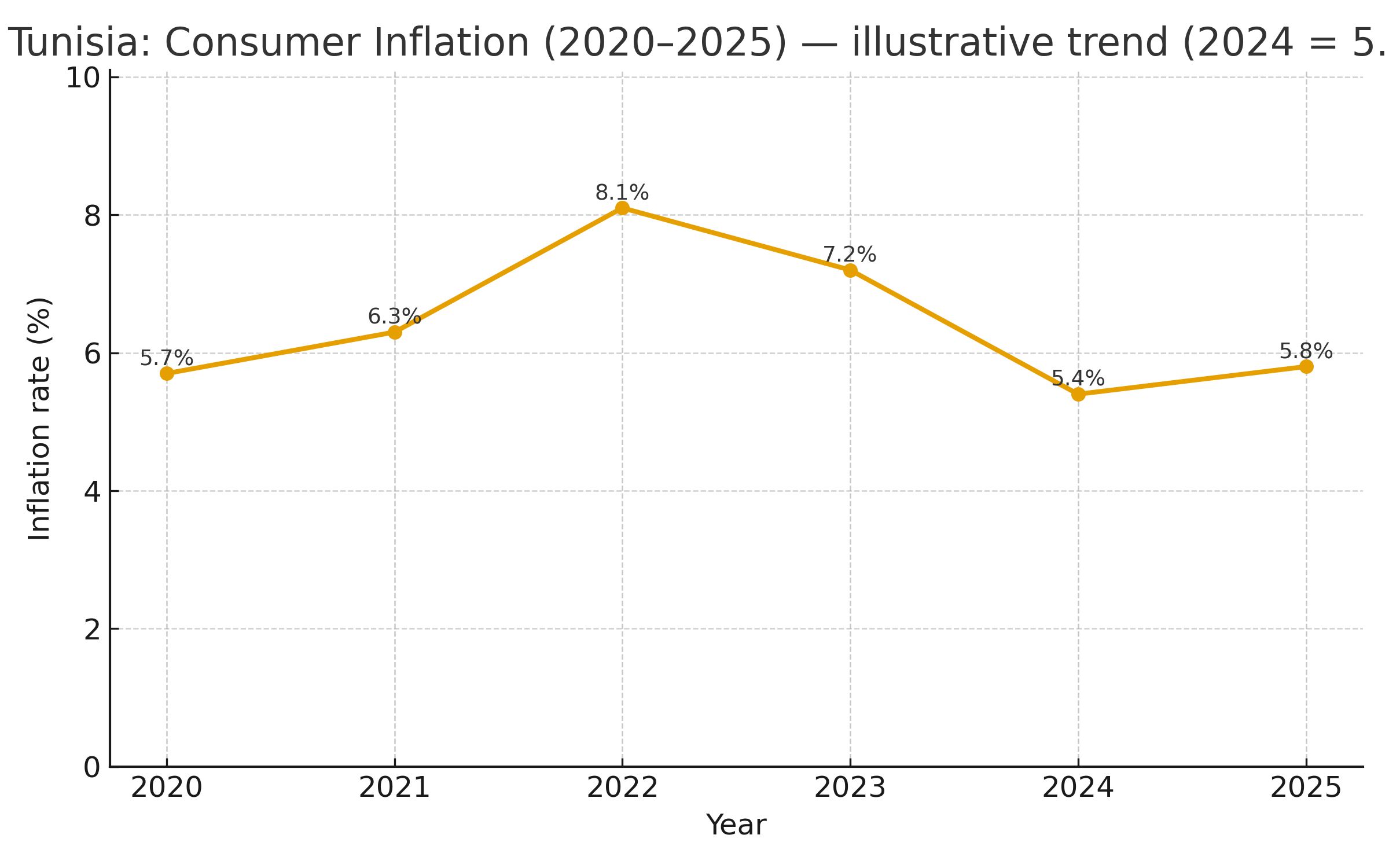
-
Controlled Inflation: Tunisia’s inflation rate averaged 5.4% in 2024, one of the lowest in North Africa outside Morocco. Stable real rates preserve domestic purchasing power and investor confidence.
-
Balance of Payments Management: Despite a modest trade deficit, disciplined import restrictions and prudent reserve allocation have prevented external shocks.
Political Neutrality in Monetary Policy: This stability has made the dinar the strongest currency in Africa in terms of face value against the dollar. What makes this even more notable is that Tunisia does not benefit from oil wealth or high-value exports like some of its neighbours. Instead, the strength comes from consistent policy and financial prudence.
This mix of monetary restraint and pragmatic governance has kept the dinar’s real effective exchange rate remarkably steady which is a rare outcome in emerging-market conditions.
The Policy Context
Tunisia’s economy remains moderately diversified: manufacturing, agriculture, and tourism collectively buffer external demand fluctuations.
The CBT’s focus on exchange rate credibility has helped anchor inflation expectations and limit speculative pressure, even as the broader region faces persistent depreciation trends.
Market Implications
For investors and institutions, the dinar’s strength signals currency reliability rather than speculative opportunity. The currency’s low volatility profile makes it valuable for pricing stability in cross-border trade and reserve diversification for regional financial institutions.
What Makes a Currency Strong?
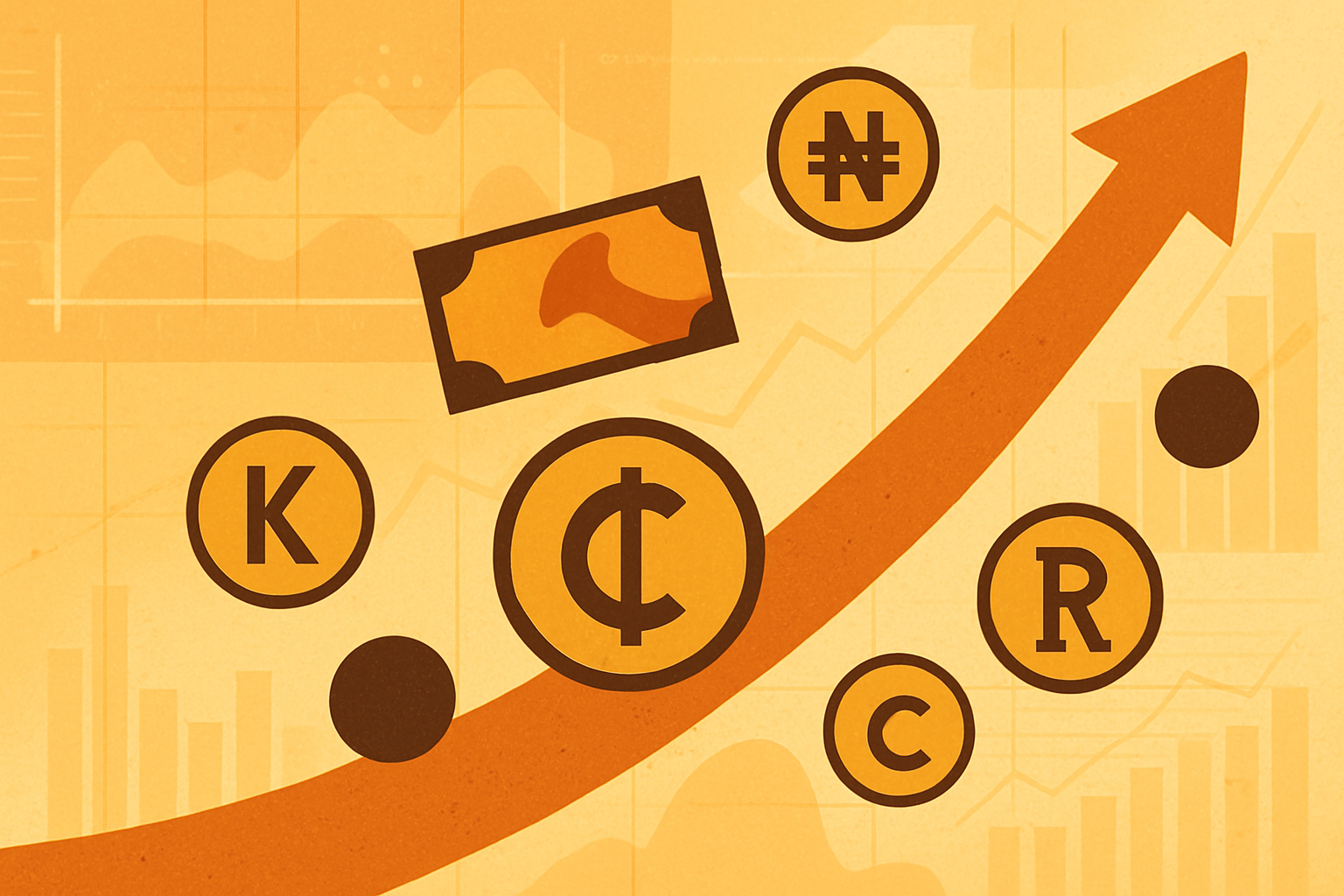
The term strongest currency in Africa refers not just to nominal value against the US dollar, but to structural stability. True currency strength reflects consistent policy, controlled inflation, and a currency’s ability to retain purchasing power over time.
However, a high exchange rate alone is not enough, factors such as durability matters.
Currencies such as the Tunisian dinar and Moroccan dirham stand out because they maintain value through disciplined monetary policy and stable economic management, not short-term appreciation.
Fiscal discipline, independent central banks, and diversified economic bases are common features among these nations.
For investors and businesses, such stability reduces currency risk, supports predictable pricing, and fosters long-term confidence in cross-border trade and capital flows.
Why Currency Strength Matters for Africa’s Markets
A strong currency represents more than national pride, it’s an indicator of economic credibility, policy coherence, and risk pricing efficiency.
For investors:
For policymakers:
Countries that manage inflation, diversify exports, and protect central bank independence are consistently those that hold currency value over time, a pattern clearly seen in Tunisia, Morocco, and Botswana.
Recent Currency Movement
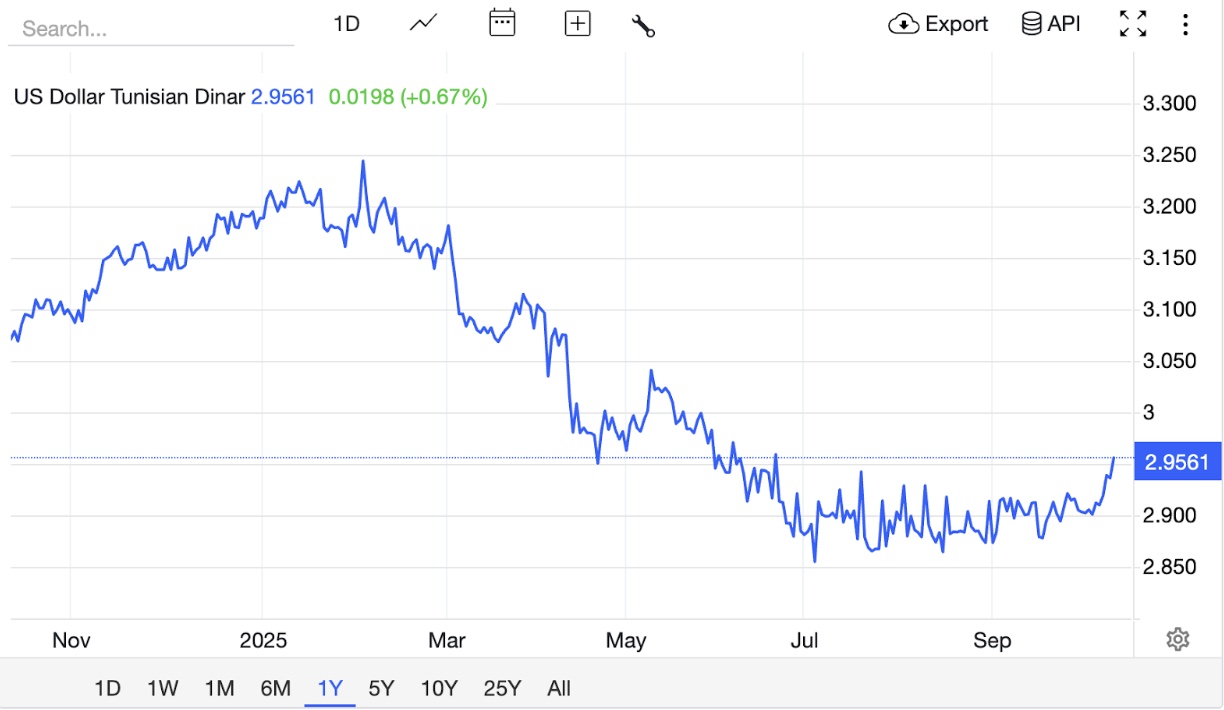
The Tunisian dinar remains Africa’s strongest currency as of October 2025, supported by disciplined monetary policy, controlled inflation, and steady foreign-exchange reserves. The Moroccan dirham follows closely, anchored by diversified exports and stable governance.
The strength of these currencies has tangible economic effects. A stable and high-value currency reduces import costs, supports investor confidence, and lowers external debt burdens.
It also signals fiscal discipline, making countries like Tunisia and Morocco more attractive for long-term capital inflows and foreign partnerships, particularly in infrastructure and manufacturing sectors.
Looking Ahead
The Tunisian dinar is expected to remain Africa’s top-valued currency through 2025, provided inflation stays below 6% and external reserves remain adequate.
However, maintaining real purchasing power will depend on export recovery and political stability. These include inflation trends, foreign investment levels, global commodity prices and monetary policy decisions in major economies.
Morocco’s dirham could strengthen further if the central bank continues widening its trading band. Meanwhile, Botswana and Ghana show gradual improvement under IMF-supported fiscal reforms, but remain below the top three.
Frequently Asked Questions (FAQ)
1.What is the strongest currency in Africa right now?
As of 2025, the Tunisian Dinar (TND) remains Africa’s strongest currency against the U.S. dollar, trading around 2.9–3.0 TND per USD. Its value reflects disciplined monetary policy and strict inflation management rather than resource dependence.
2. Why is the Tunisian dinar stronger than other African currencies?
Tunisia maintains a managed float system, low inflation, and a balanced fiscal approach. These policies keep the dinar stable, even without oil or mineral exports that typically back stronger currencies.
3. Which other African currencies are considered strong?
Following the Tunisian dinar, the Libyan Dinar (LYD) and Moroccan Dirham (MAD) rank among Africa’s strongest currencies. Both benefit from tight monetary control, diversified economies, and low inflation rates compared to regional peers.
Final Take
In 2025, the Tunisian dinar stands as the strongest and most stable currency in Africa, supported by a disciplined monetary regime and credible exchange management.
The Libyan dinar retains high nominal value but lacks market depth, while the Moroccan dirham offers the best balance of stability and liquidity.
For investors and policymakers alike, the lesson is clear: currency strength follows governance, not geography. In a region marked by volatility, Tunisia’s steady dinar remains the benchmark of policy-driven resilience.
Disclaimer: This material is for general information purposes only and is not intended as (and should not be considered to be) financial, investment or other advice on which reliance should be placed. No opinion given in the material constitutes a recommendation by EBC or the author that any particular investment, security, transaction or investment strategy is suitable for any specific person.















